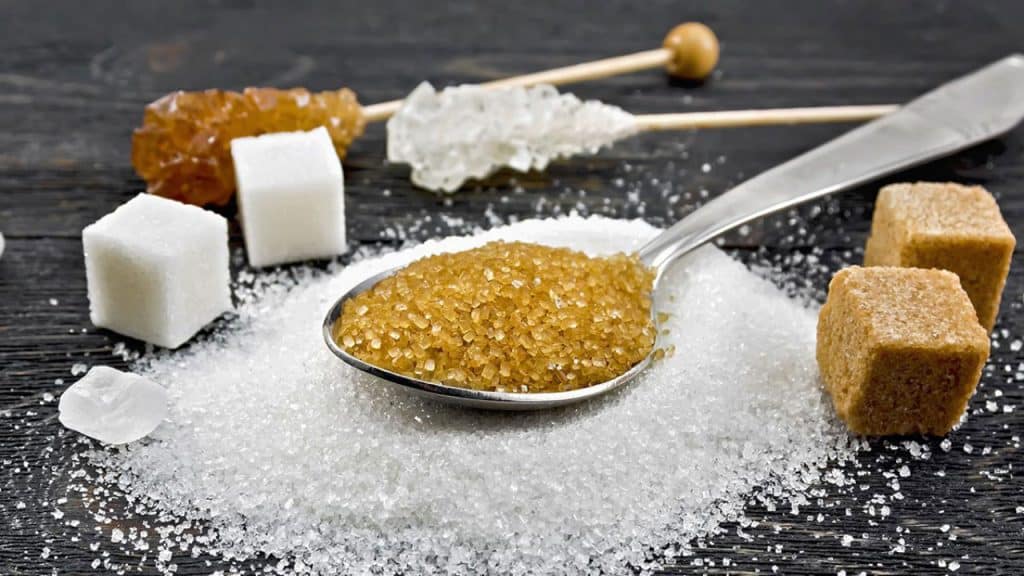Most people like a little bit of sweetness in their diet sometimes. For many of us, that means sugar, but for people with diabetes, it’s not so simple. The quest for a suitable substation that won’t affect glucose levels is an ongoing one. One of the newest and most exciting options is allulose.
Allulose is a type of natural sugar, but with significantly fewer calories than the sucrose that makes up most people’s everyday sugar intake. It’s also absorbed differently by the body. That means it isn’t going to cause any wild, dangerous increases to the glucose in your blood. Its glycemic index (GI) is zero.
The glycemic index is a way of rating foods depending on how they impact blood sugar. The higher the GI, the bigger the spike. Most sugars are absorbed directly into our bloodstream after we consume them. Allulose, in contrast, passes through the system without being digested, meaning you get all of the taste benefits but its effect on the rest of the body is negligible. Allulose may lower insulin resistance as well, although more research is needed on that topic.
This doesn’t just have implications for people with diabetes. There are lots of reasons people may try to reduce their sugar intake, such as if they’re trying to lose weight, or for other health reasons. They could all potentially benefit if allulose is an effective sugar substitute.
Of course, the next question is, what’s the catch? Most good things have some kind of bad side. So far, however, allulose is standing up fairly well, although it’s not as sweet as some other sugar alternatives. The FDA considers allulose safe for human consumption. It may cause problems if eaten to excess, but that’s true of pretty much any food.
Admittedly, the fact that most of us don’t have allulose as a regular part of our diets does make this risk a little higher. There’s an adjustment period where you could experience some nausea, stomach pains or diarrhea. To avoid this, only introduce allulose to your diet slowly, gradually increasing the amount if it seems to be going okay.
In comparison to other sugar substitutes, allulose stands out for its low GI. It’s best to consult with a professional to decide which of the many options will be best for you if you’re thinking about replacing sugar.




